“I really understood that the girl was a total orphan; she was an orphan like me…”
Harrison is one of the monitors in Kenya, working with his teammates to find and intercept potential victims of human trafficking before they are exploited.
He shared about one intercept that had a profound impact on him—a young girl they found sitting on a bench, looking a little worried and out of place. Harrison was able to use his own experiences to relate to this young girl and gain her trust so that he and the team could help her get to safety. It turns out that he too had narrowly escaped a dangerous situation.
Waiting for something
When he saw the girl, Harrison suspected right away that she could be in danger.
“By just a look of her face, you can tell that this person is desperate in a way,” he said. “She had so many questions in her face.”
 When they approached to ask a few questions, the girl shared that she was from Uganda and had arrived in Kenya at four in the morning.
When they approached to ask a few questions, the girl shared that she was from Uganda and had arrived in Kenya at four in the morning.
“Those are weird hours in Nairobi,” Harrison said. “Anything can happen to her.”
During the interview process, monitors look for red flags that indicate potential human trafficking. They could already see that she was young, alone, new to the country, and seemed to be waiting for someone. She started crying when they asked about her parents, but she was too afraid to share more about her situation and how she ended up there.
“I put myself in her shoes so that she could open up and tell me something. I told her a story, so this girl could see what I went through and how I met someone who helped me,” said Harrison.
He took her to the office area nearby and sat her down to share a part of his own story.
Note: This story is also a podcast! Listen instead.
Harrison’s story
“I was trafficked,” he said. “But during this time, I was not aware that I was undergoing such a thing.”
He shared how when he’d been jobless and desperate, his cousin had visited and offered to connect him to a good job working as a meat seller.
“I was ready to take any risk so that I could help my brother and sister,” he said.
The employer sent travel fare, and Harrison went to the designated meeting place. However, when he called the employer, he was told that two men would pick him up instead, and he was asked to wait until 9 p.m.
A soldier observing Harrison approached him while he waited.
“What are you doing here?” he asked.
“I am waiting for someone who has organized a job for me, and he told me he’s sending some people to come and pick me up,” said Harrison.
The soldier appeared very interested in Harrison’s story, asking about the contact number he had for the employer. He invited Harrison to come over to wait in the area where he kept watch.
“When these two guys call you, don’t tell them exactly the place where we are now,” the soldier instructed. “Lie to them and tell them you are over there so we can see who will come.”
The soldier explained that he recognized the contact number Harrison had shown him, and he knew who was acting as his employer.
Harrison and the soldier waited. Finally the two men showed up, wearing black suits and black caps. The soldier recognized them right away and told Harrison to get to safety, giving him some money for a bus ride home.
New hope

Upon hearing Harrison’s story, the girl opened up and told him everything.
Her parents had left her, and she had been living with grandparents, but they were not able to support her very well. Although Harrison knew that some young people in Kenya lie about being orphaned in hopes of receiving the help they need, he could tell she was being sincere.
She met a man who offered her a job and paid for her transportation, but when she arrived, she couldn’t get in touch with him. So she had been sitting on that bench, waiting, until the team approached her.
Harrison and his team helped her get home safely, and they stayed in contact with her to see how she was doing.
“We were able to plant a new hope in her. She is faring well now and tells me that life has completely changed since the day we encountered her,” said Harrison. (Pictured: Harrison with his fellow monitors.)
An opportunity
Harrison’s story reminds us of the power of connection and shared experiences in the fight against human trafficking. His ability to relate to the young girl he encountered made all the difference in helping her escape a dangerous situation. At Love Justice, monitors like Harrison work tirelessly to intercept potential victims and give them a new hope for the future. But we can’t do it alone.
Your support helps us empower monitors like Harrison to do this work, reaching vulnerable individuals before it’s too late. Together, we can plant seeds of hope and protect those at risk from the horrors of trafficking. Will you stand with us? Donate today and be a part of this vital mission.
*All data and statistics current at the date and time of publishing. Names and some specific locations excluded for privacy and security purposes. Images are representative.
-1.png?width=500&height=500&name=LJI_MAINLOGO_WhiteBackground%20(1)-1.png)
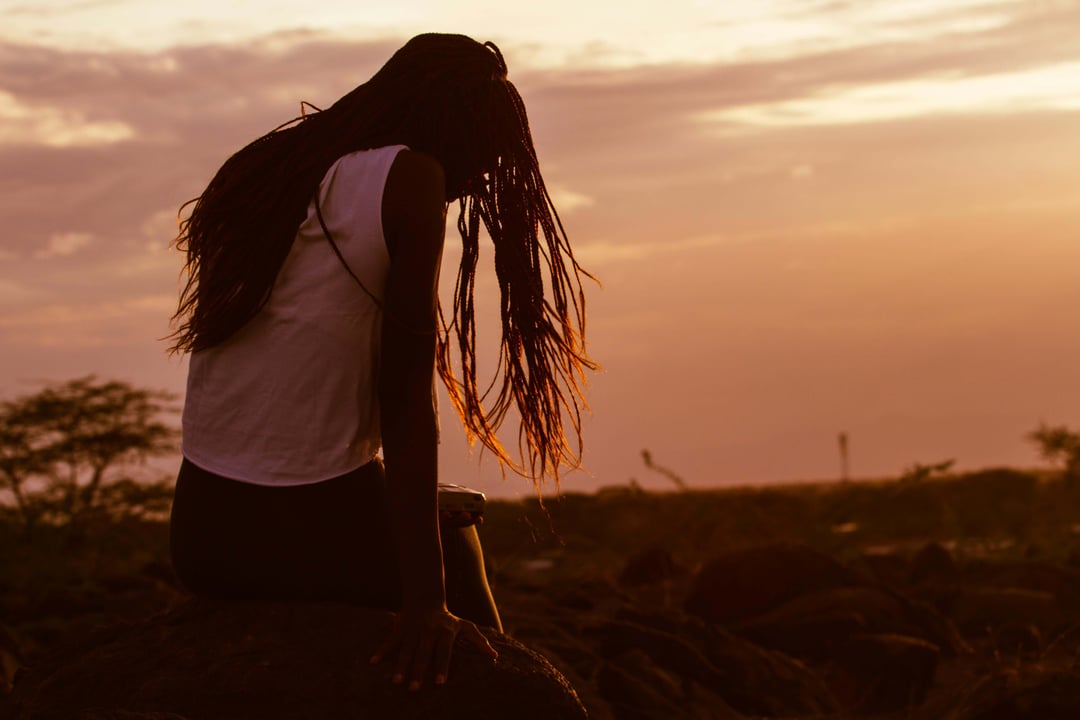
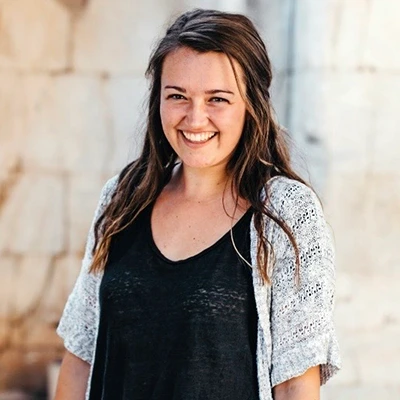
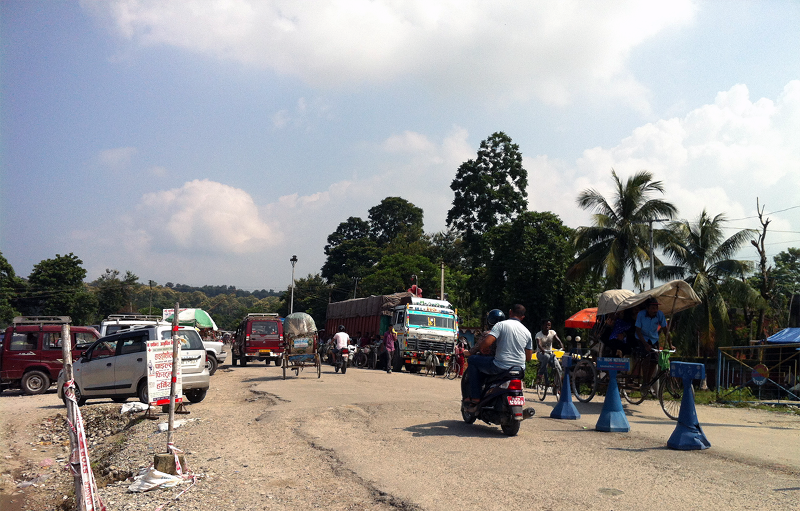
/bimala_feature_blog.webp)

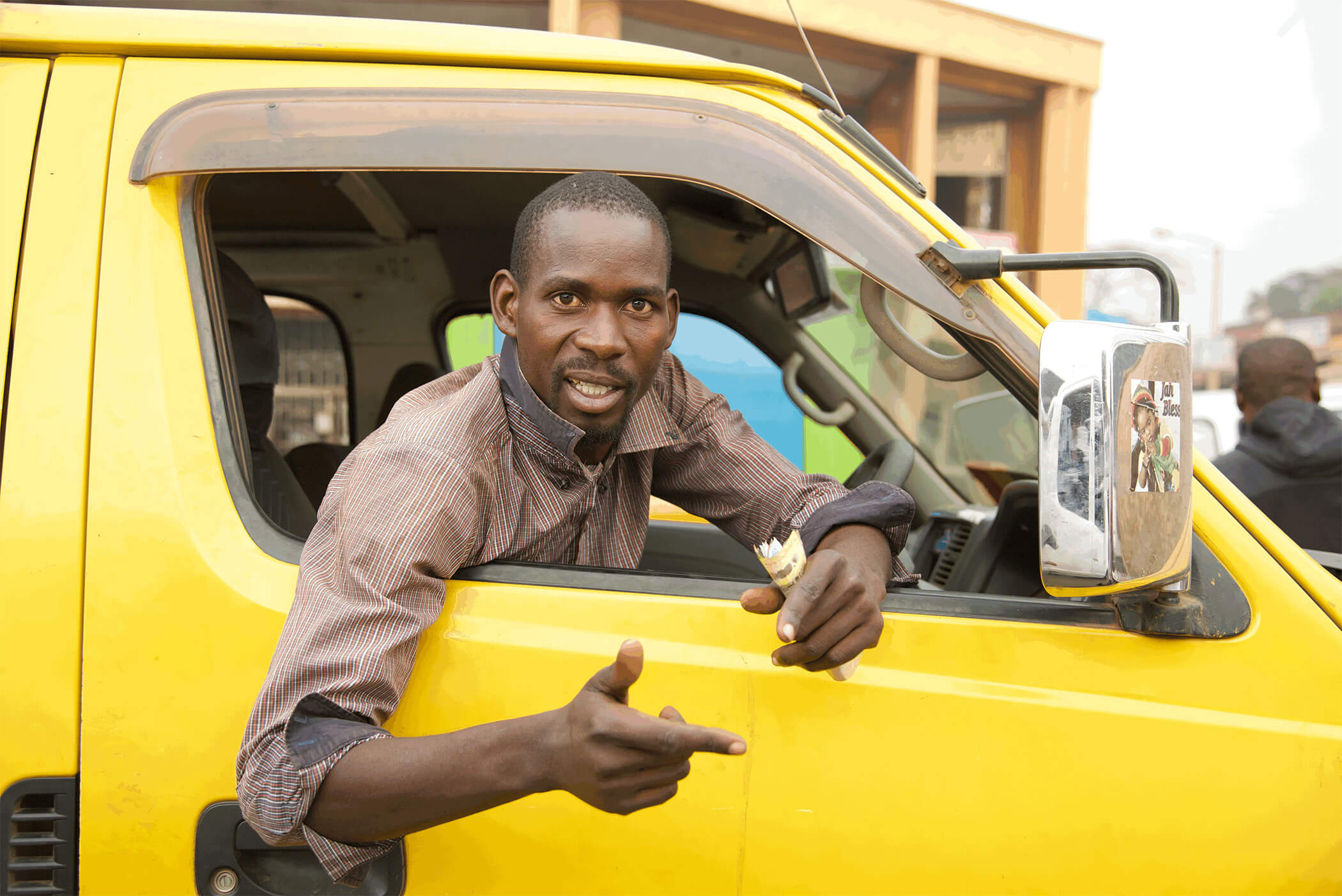
/boy_girl_asia_streets.webp)
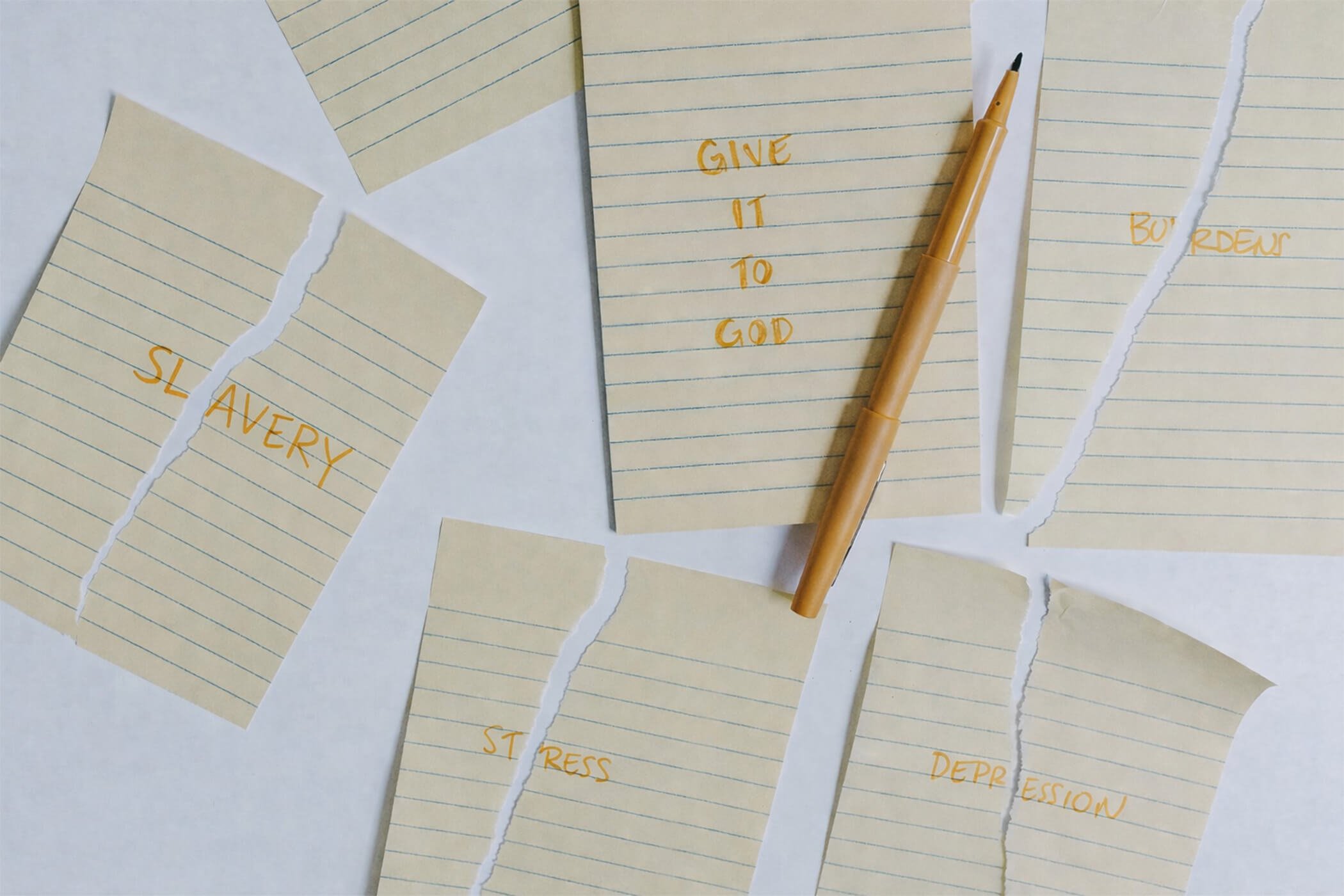
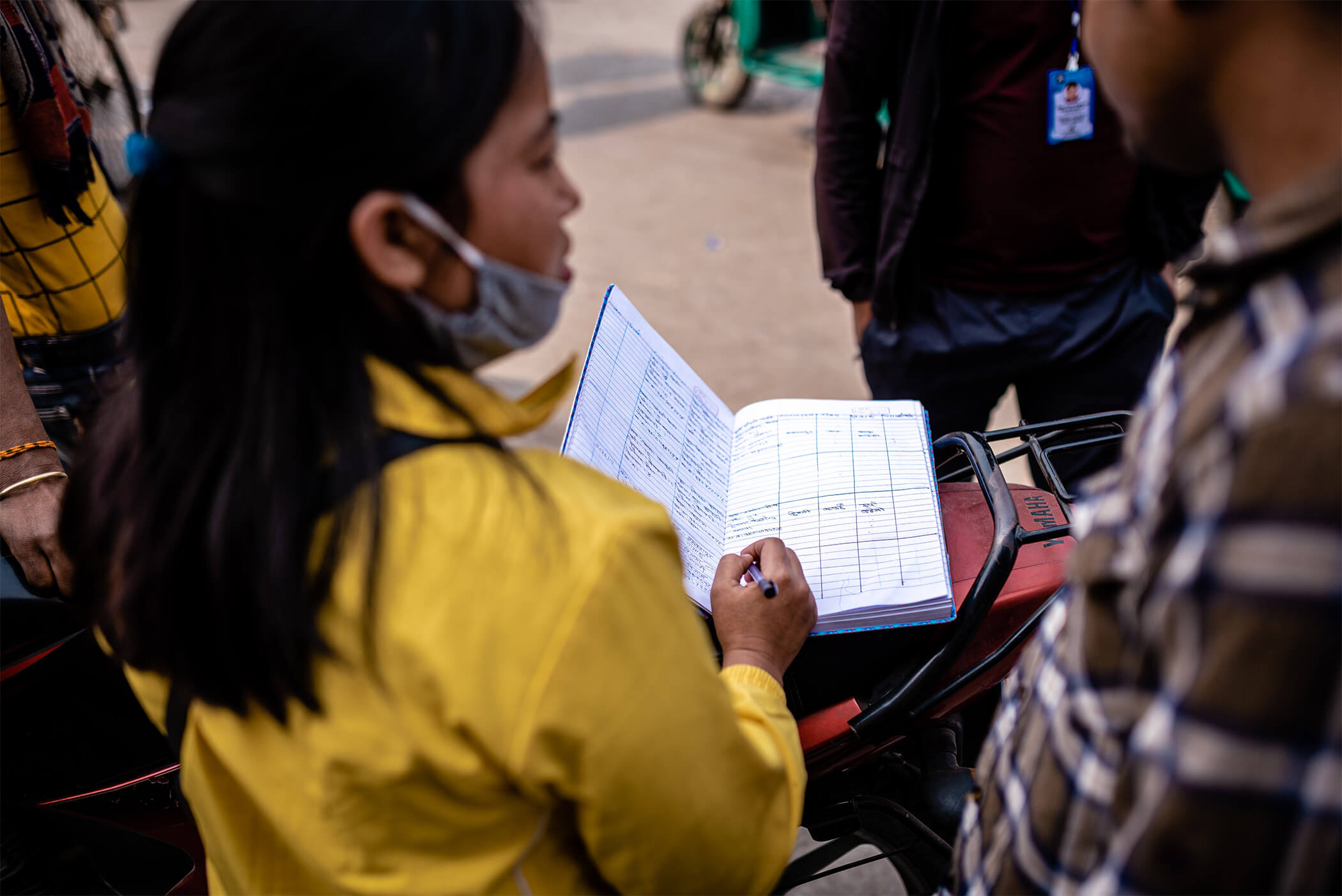
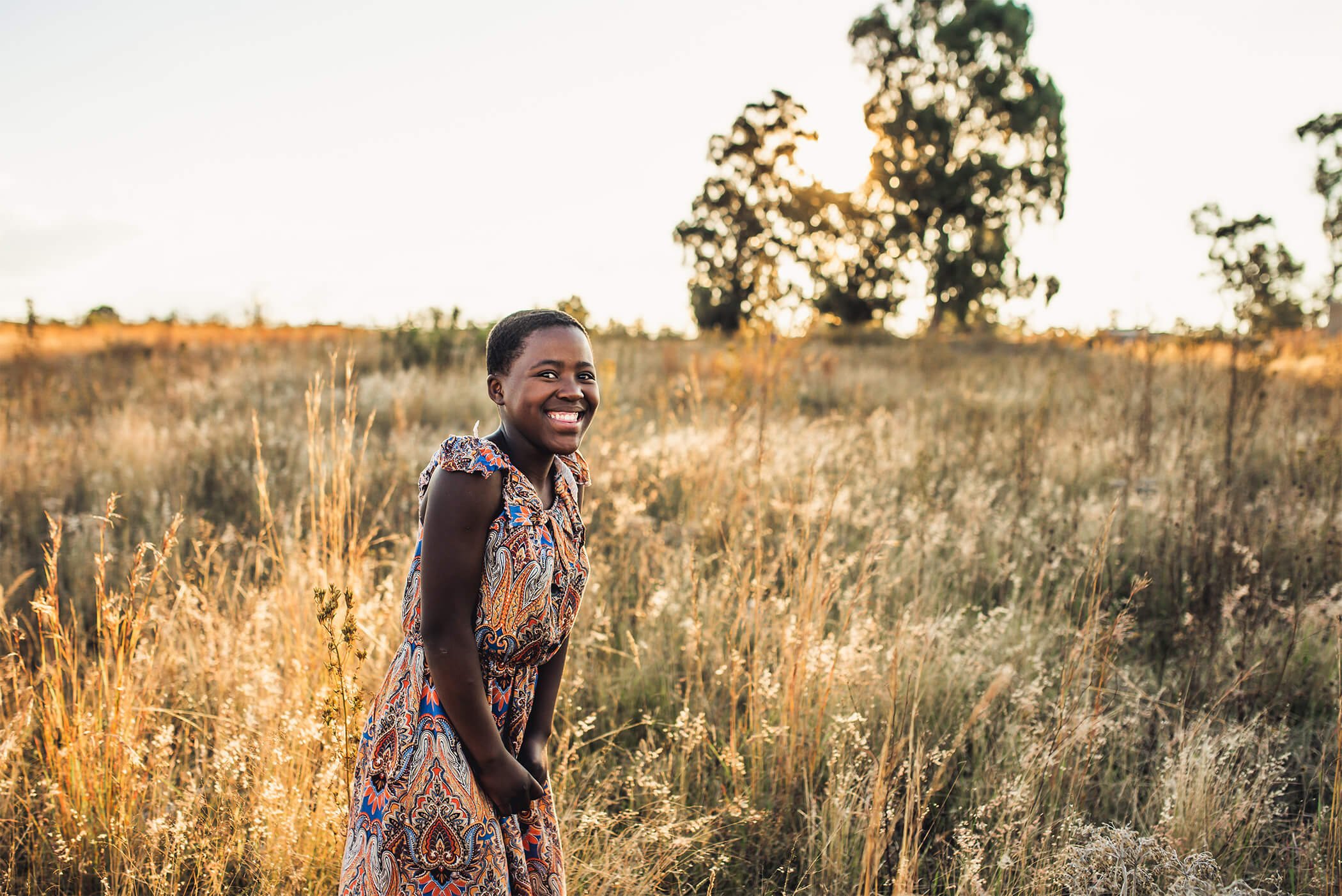
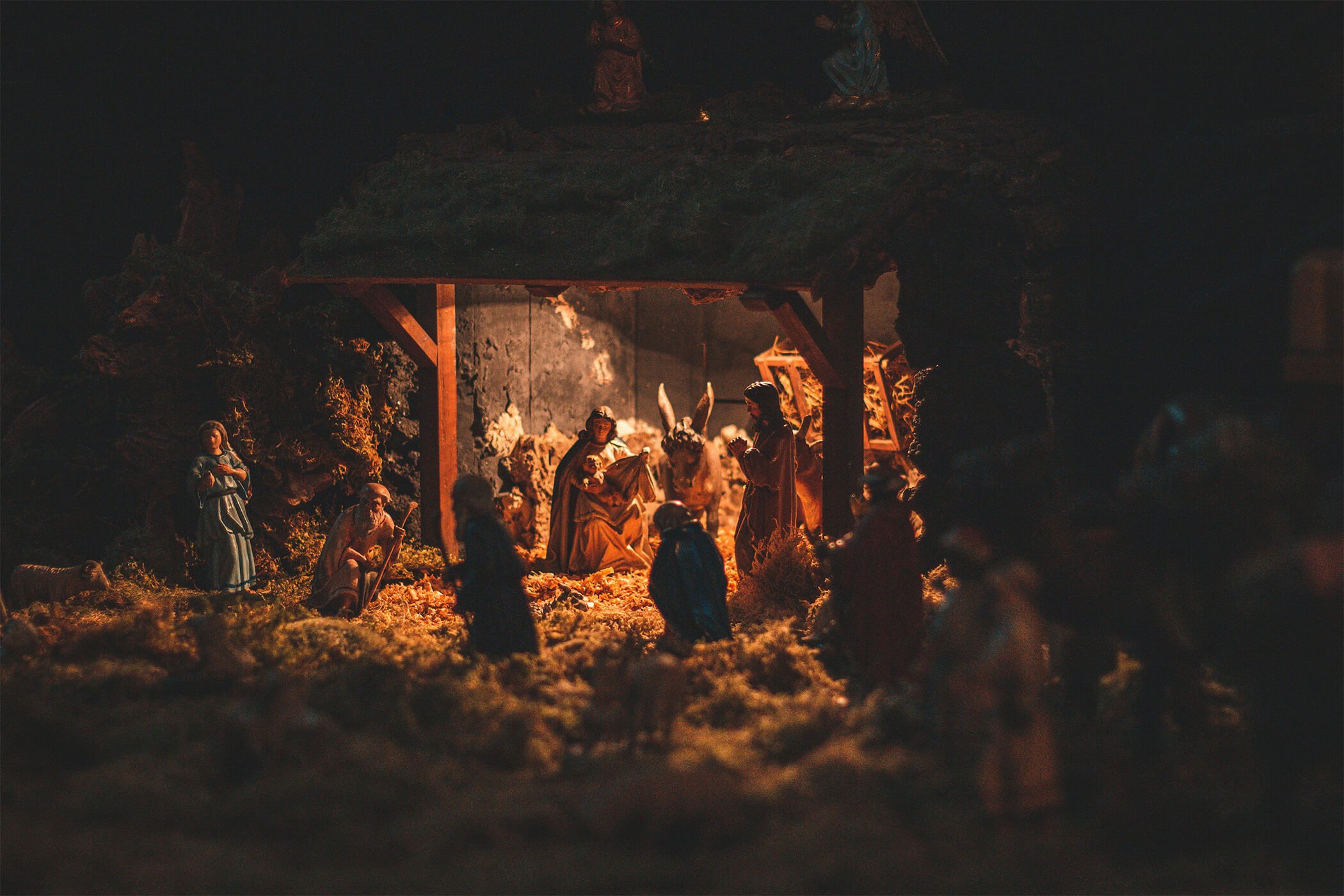
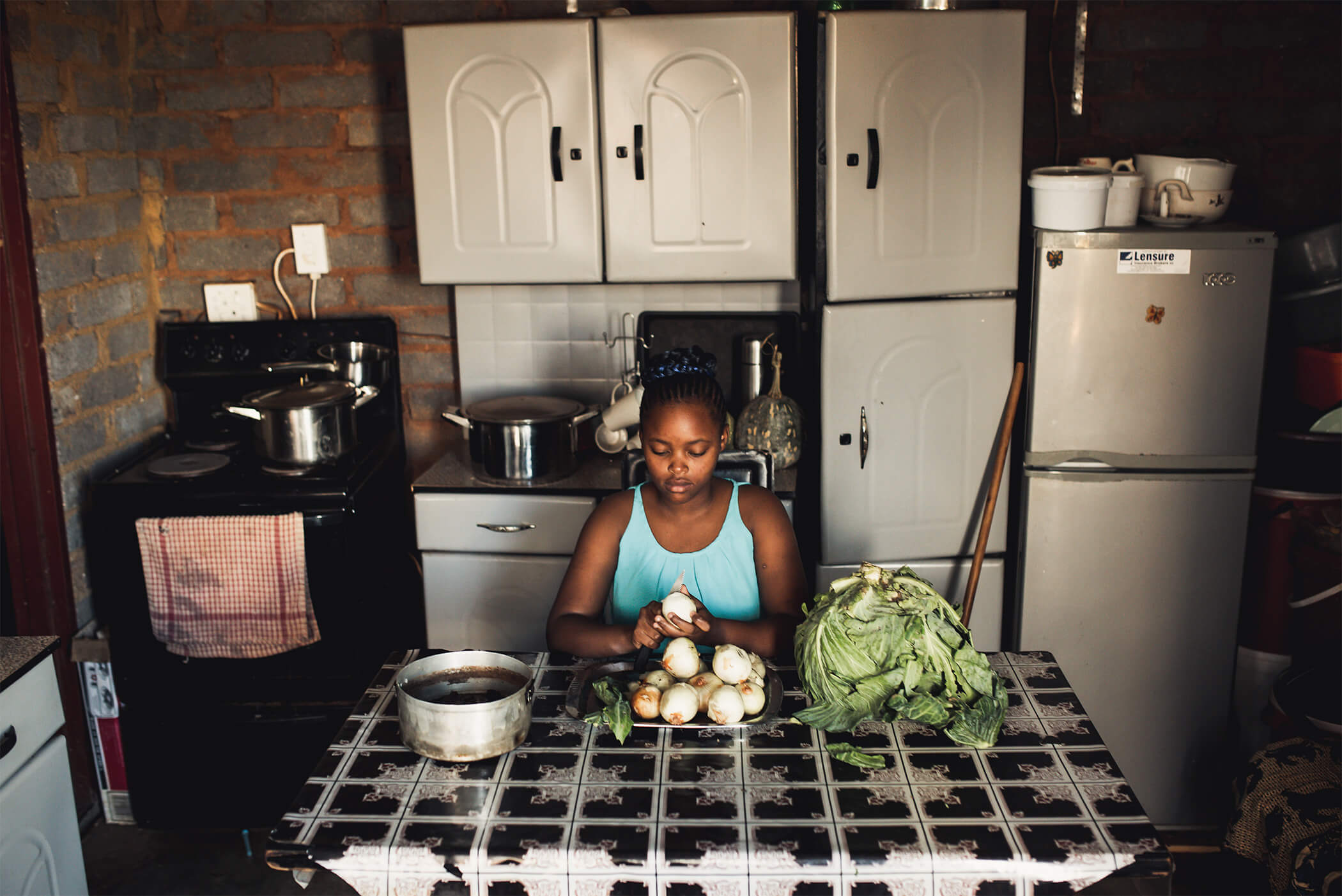

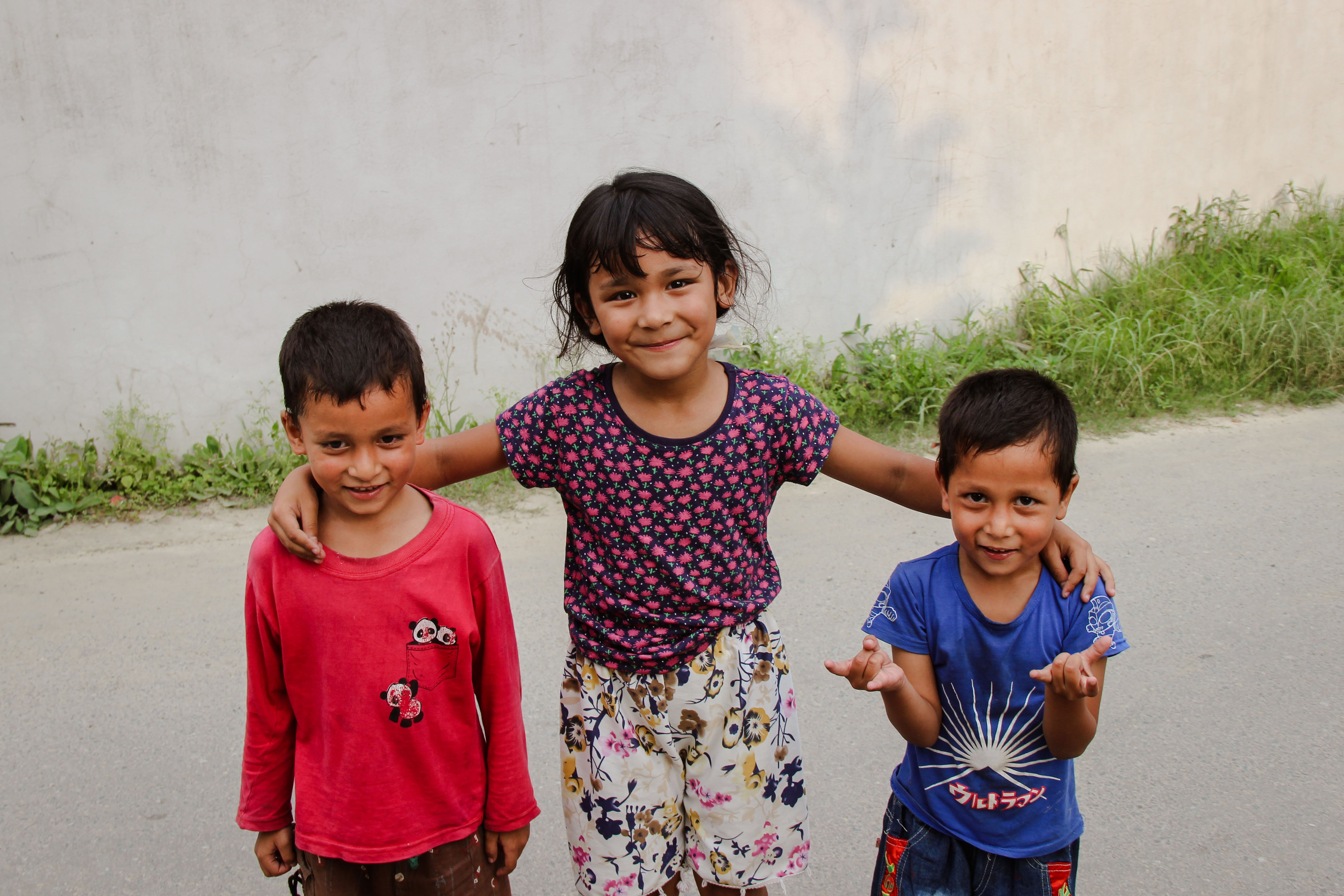

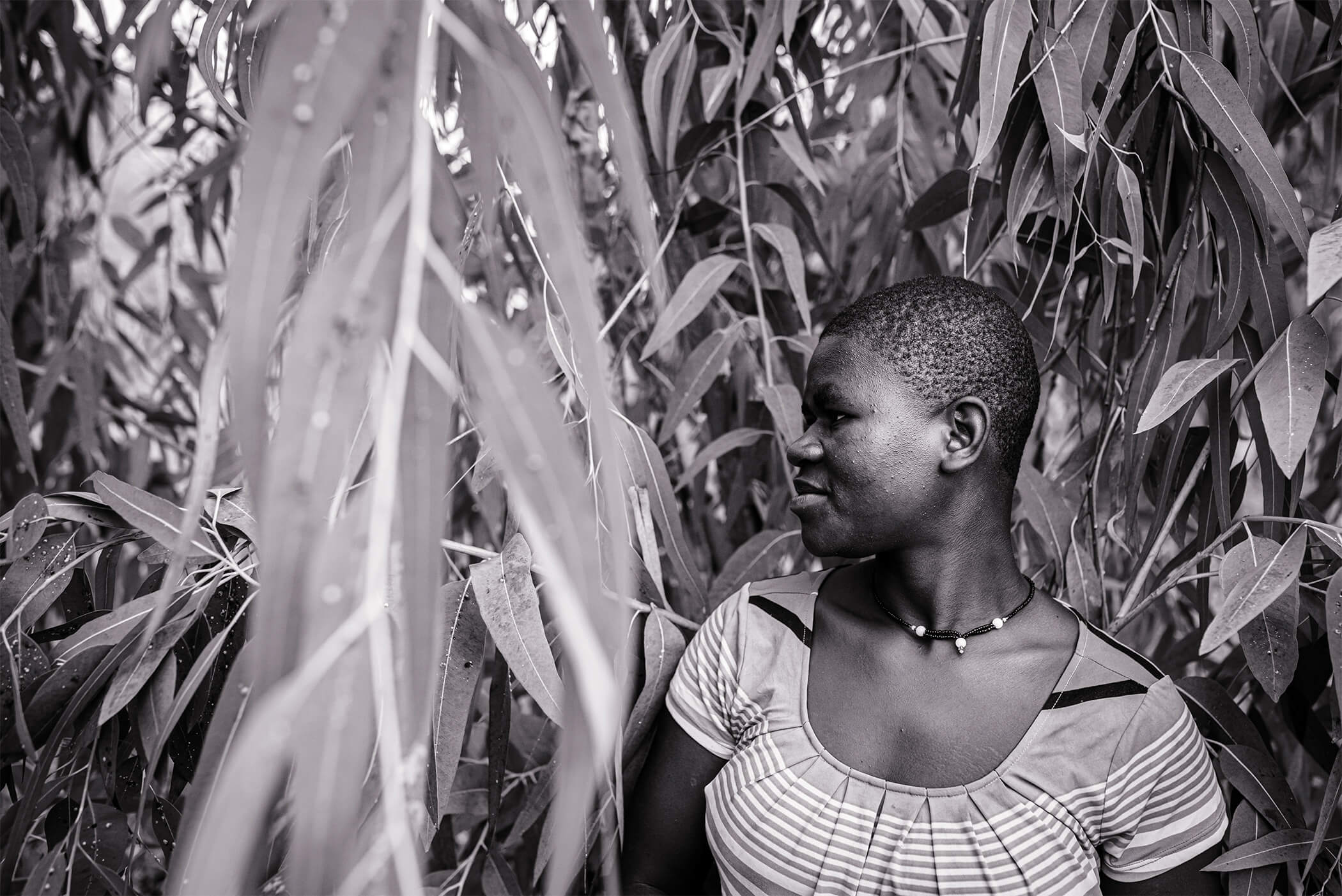
/ghana_boy_year_end_2022.webp)
/LJI-YearEndImages-AfricaGirls7.webp)
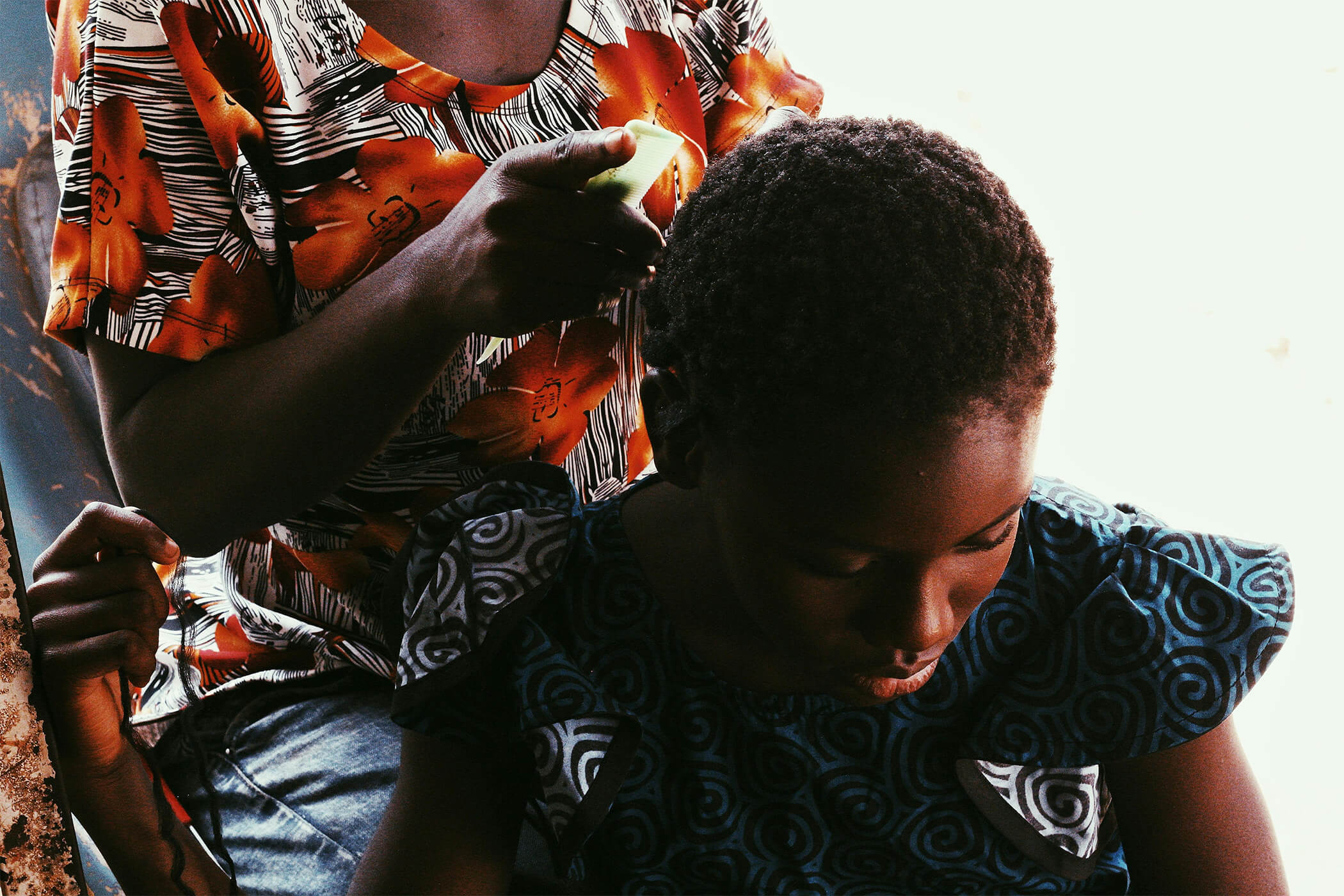
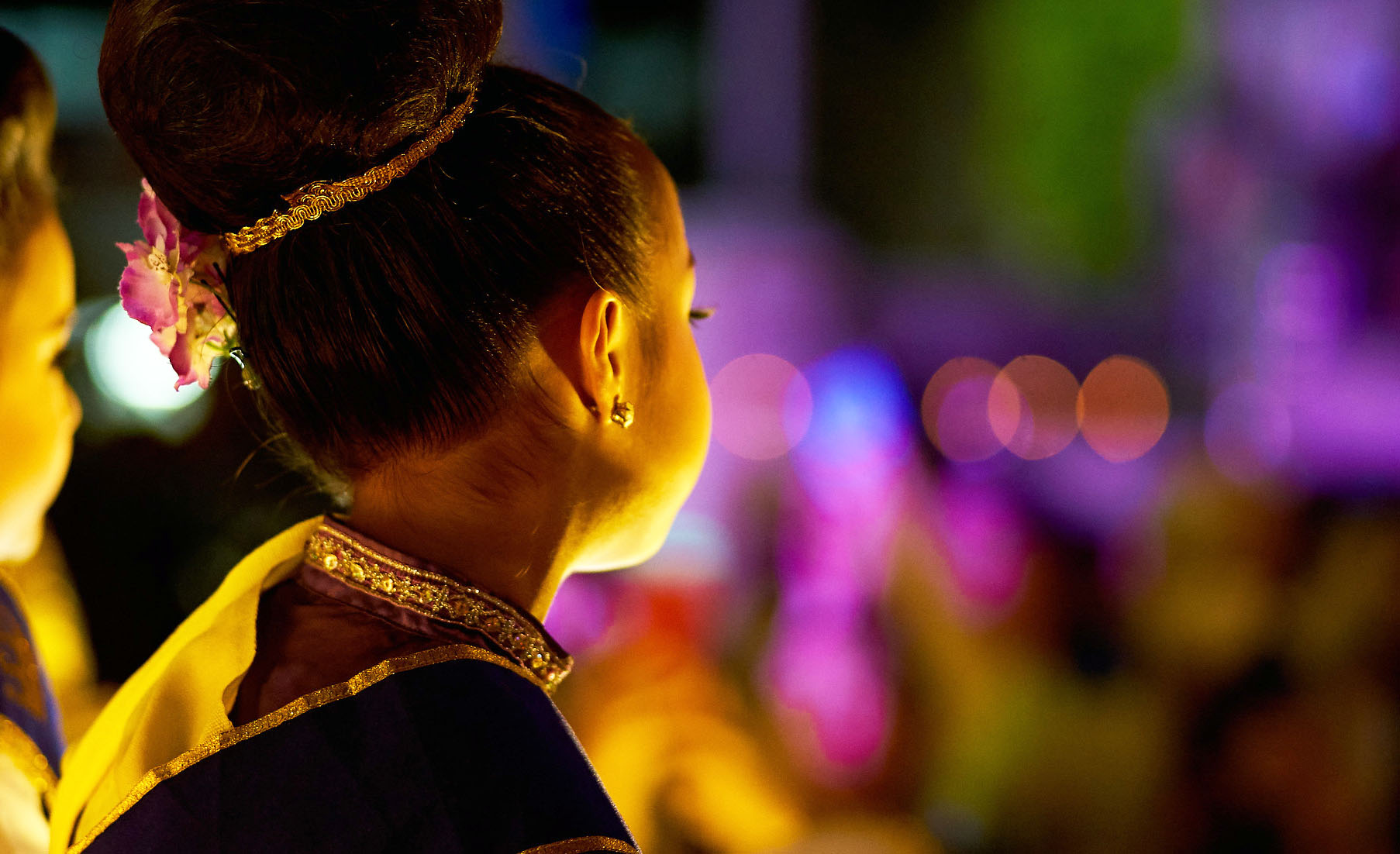

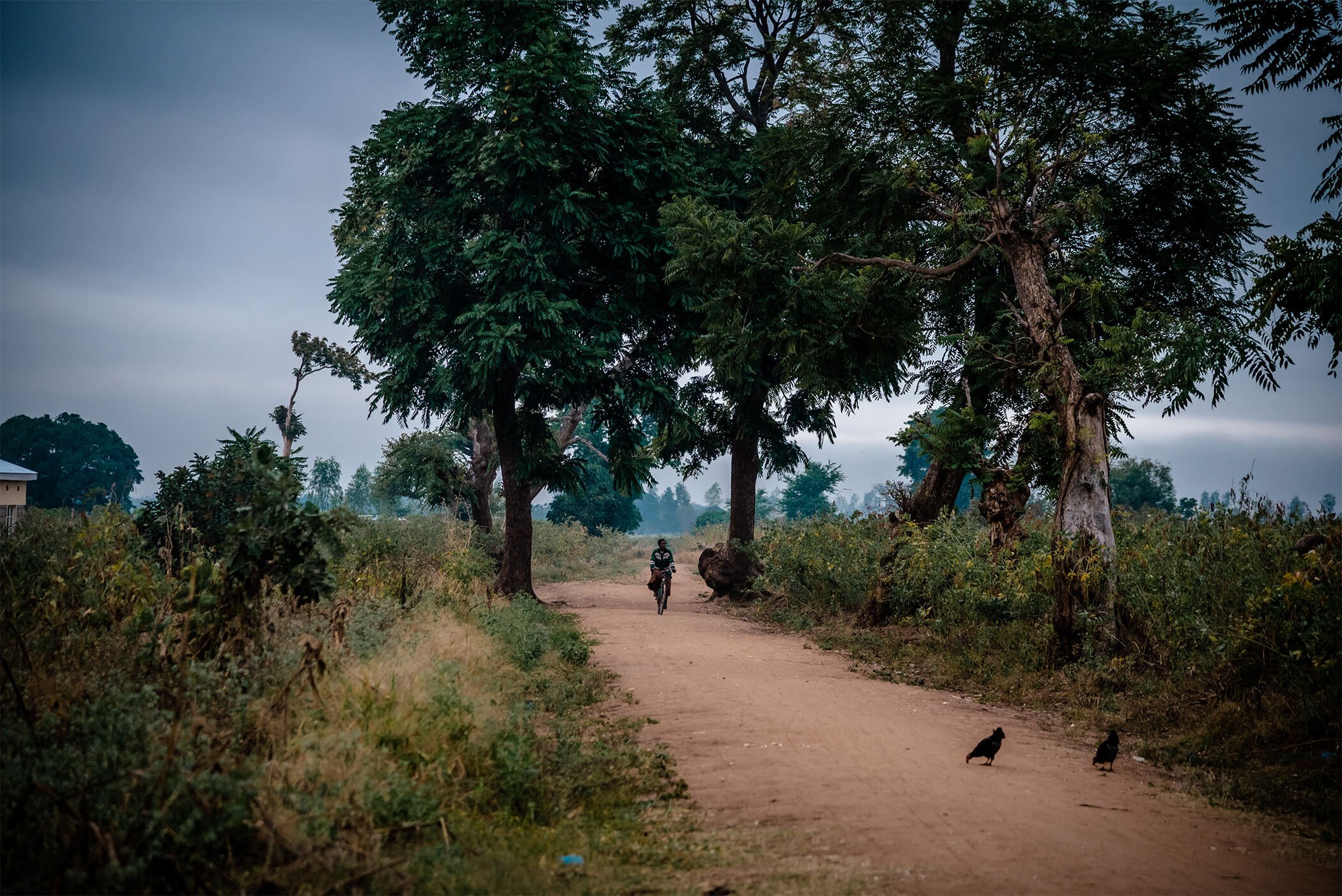
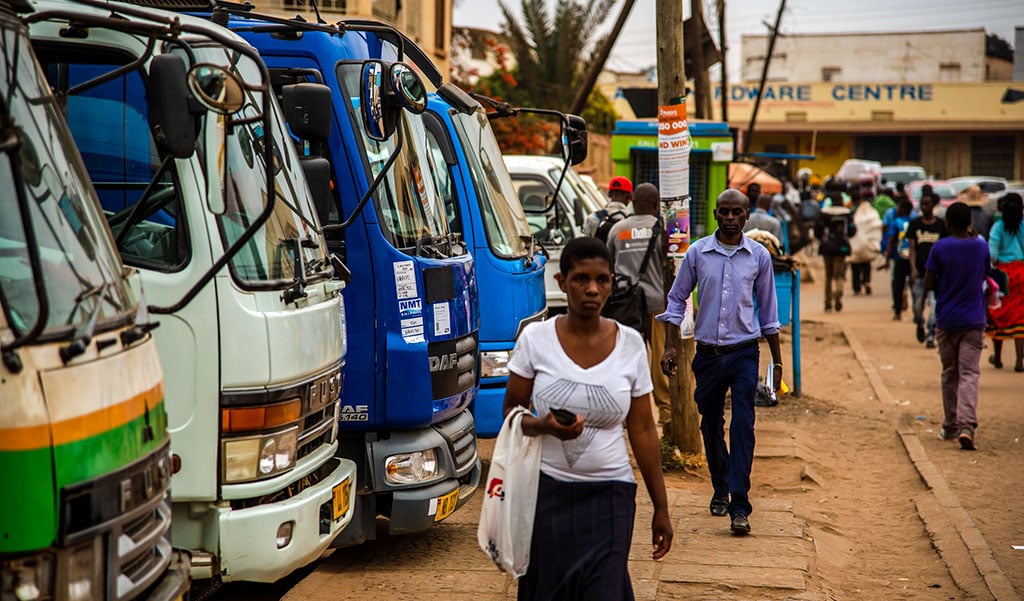
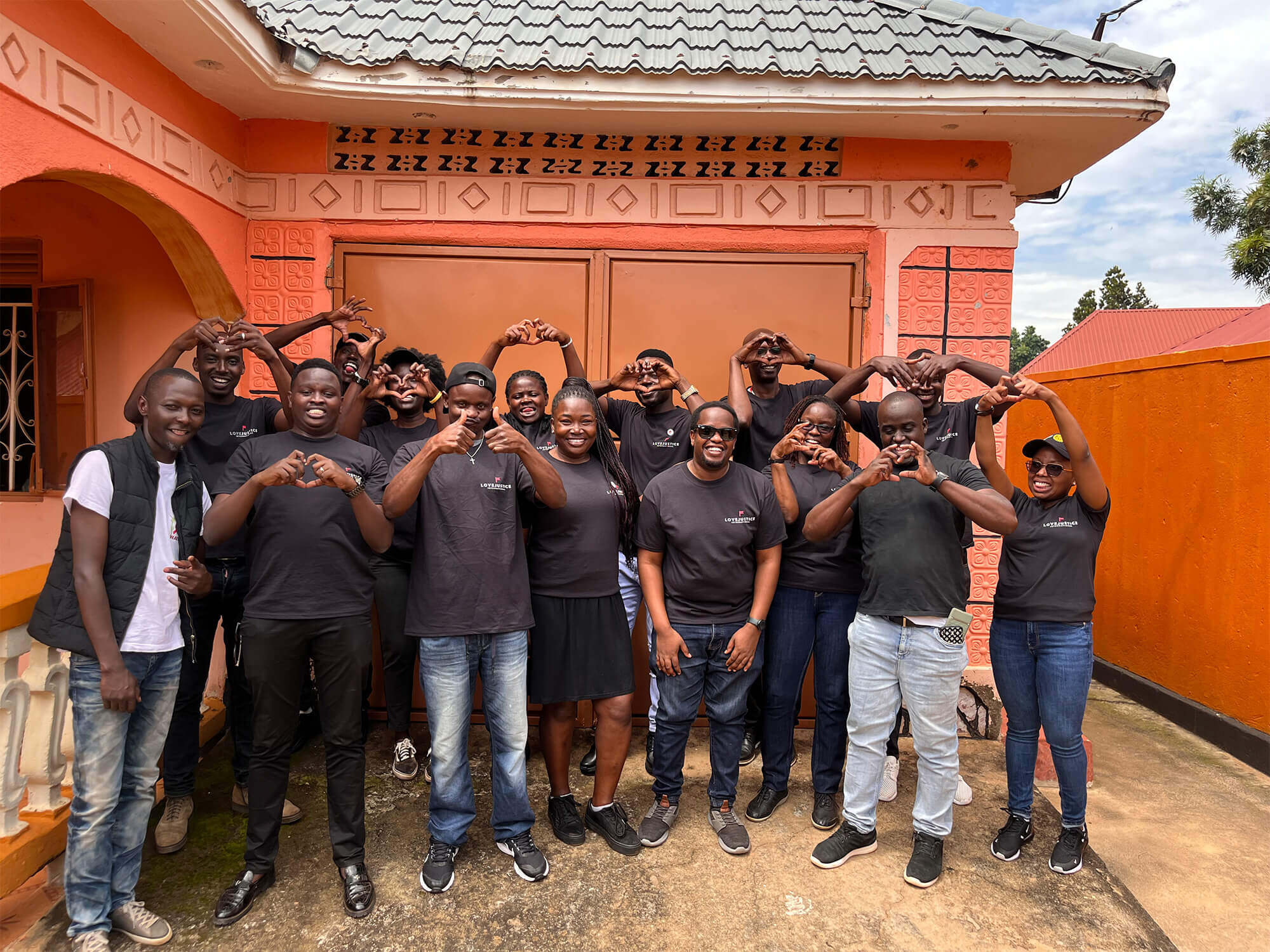




Post a comment